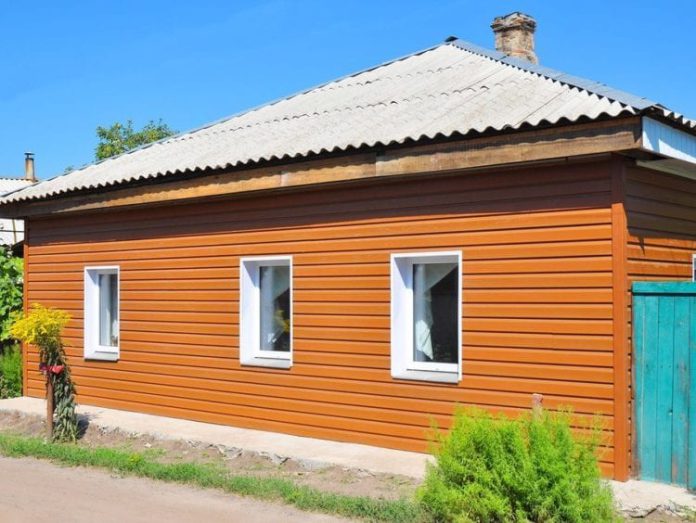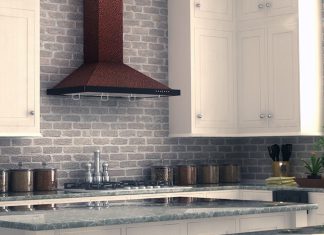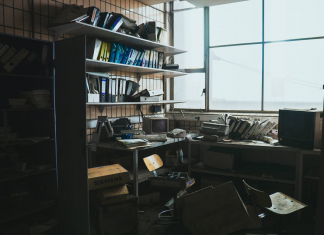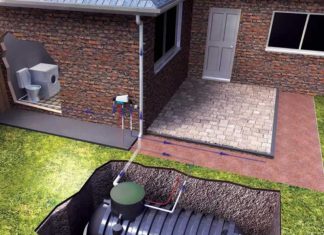Asbestos is a hazardous material that was widely used for insulation and fireproofing in houses and buildings in the past. Properties, whether residential or commercial, that were built before 2004 are likely to contain asbestos in them.
If you are currently on the hunt for a new house and you’re seriously considering buying a home with asbestos, here are some things that you should know.
Where can you normally find asbestos in old homes?
Vintage homes that were built before the year 2004 are likely to have asbestos in them. Some of the asbestos materials that might be present in these homes are:
- Roof sheets
- Insulation walls
- Flooring materials
- Carpet underlays
- Pipes
- Ventilation ducts
- Fireplaces
- Gutter systems and more
Whenever you’re considering buying a home that was built before the early 2000s, make sure to ask about the asbestos presence in it.
If you are the one selling the house, you should be aware of the presence of the said material as well before posting it up as well.
What are the risks of buying a home with asbestos in it?
The presence of asbestos in any kind of property always has health and financial risks.
At any given moment, the asbestos in your home can be disturbed and release thousands of asbestos fibres into the air which can potentially cause lung-related diseases.
That’s why if you’re planning to buy a house with asbestos-containing materials in it, the best thing to do is to have them professionally removed first before you occupy the house.
That brings us to the second risk: money. The cost of hiring professionals to completely remove the asbestos in the property is no joke.
You have to pay for the inspectors, the removalists and other fees like proper disposal of the asbestos.
Is it okay to sell a house with asbestos?
While asbestos can be hazardous to any homeowner, it’s perfectly fine to sell a house that contains this material. Just make sure to tell the potential buyers about the asbestos presence, especially if you are fully aware of it, too.
The Australian government requires you to disclose such pieces of information. If you fail to do so, it may lead to prosecution and the validity of the sale is in question.
What happens if you sold a house that you didn’t know has asbestos in it?
You won’t be penalised for selling such property. However, this can certainly affect the sale, especially if the buyer’s inspectors find out the asbestos in your home.
That’s why if you own a house that was built before 2004, just always assume that it has asbestos in it. Then hire a professional asbestos inspector to confirm whether your house has asbestos or not.
Can asbestos presence stop the sale of a property?
Yes, the sale may not push through, especially if the buyer prefers a property that has no asbestos in it.
It doesn’t matter how much the buyer loves your home. Because the asbestos presence entails health risks and additional costs of asbestos removal, they might back out of the sale altogether.
Can asbestos affect the price of a property?
Unfortunately, yes. And it always depends on how many asbestos materials are present in the property, the condition are they in, and how much will it cost for the buyer to have them professionally removed.
Both residential and commercial asbestos removal Melbourne can cost a lot of money since these involve, extensive inspection and testing, careful removal, and proper disposal of the asbestos-containing materials.
If you’re a buyer considering buying a home with asbestos, here’s our advice:
1. Buy the property only if it’s completely free of asbestos
If you really love the place and you’re tired of going through all the process of finding a home, you can still push through with the sale. Just make sure that the asbestos will be taken care of first before you give away your money and occupy the house.
2. Talk to the current owners regarding the expenses
If the owner agrees to pay for the removal of the asbestos-containing materials, by all means, buy the property!
Just make sure to get a certificate of removal from a licensed company.
3. If the owners refuse to pay, and the risks are too high, just find another house
The last thing you want to do is to pay for the whole extraction process. It will only cause you a lot of headaches, trust us. So just skip the offer, and move on to the next option.















